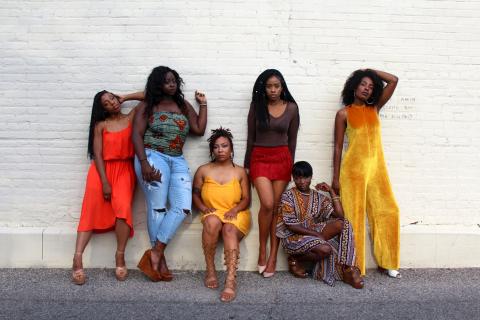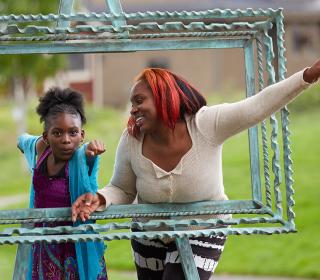"Women's right's are human rights, and we should be fighting for the rights of all women, not just some." - Hannah Brown, Collegiate Times
Many women face forms of oppression because of their gender but it is important to recognize that black women face oppression because of both race and gender. Understanding and supporting intersectional feminism is contingent upon understanding how race and gender are interrelated. As women, all the issues we face affect us differently. For example, "a cisgender woman does not have to deal with anti-transgender violence. A woman who isn't a sex worker doesn't have to deal with the stigma around it. A white woman doesn't have to deal with racism."
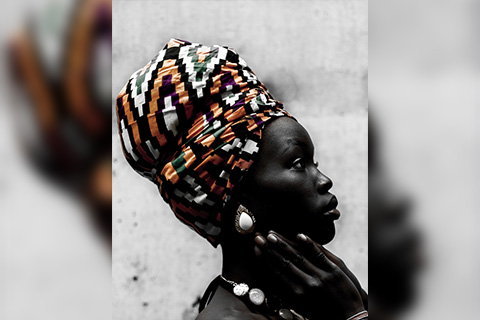
Over the last few years, the Womxn's March has brought attention to intersectional feminism by promoting more inclusive feminism that supports all women because women's rights are human rights.
The term intersectionality, first coined by Kimberlé Crenshaw, represents the overlap of social group categorizations that include; race, gender, and social class as it relates to systems of oppression. Crenshaw states that black women are discriminated in ways that do not fit into neat categories of either "racism" or "sexism" but rather as a combination of both.
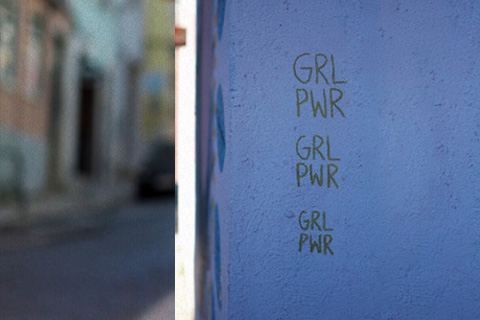
“If I’m a black woman, I have some disadvantages because I’m a woman and some disadvantages because I’m black. But I also have some disadvantages specifically because I’m [a] black woman, which neither black men nor white women have to deal with. That’s intersectionality; race, gender, and every other way to be disadvantaged interact with each other.” u/Amarkov Reddit ELI5: Intersectionality
According to the Economic Policy Institute, the pay gap between white women and women of color, specifically black, Latina, and Native American women is the fastest growing wage gap. Having an intersectional view can aide in dealing with problem solving as it relates to homelessness and domestic violence. This illustrates that social justice work requires more than just focusing on gender rights as that does not always translate to benefitting marginalized groups.
"If we are not intersectional, some of us, the most vulnerable, are going to fall through the cracks." - Kimberle Crenshaw
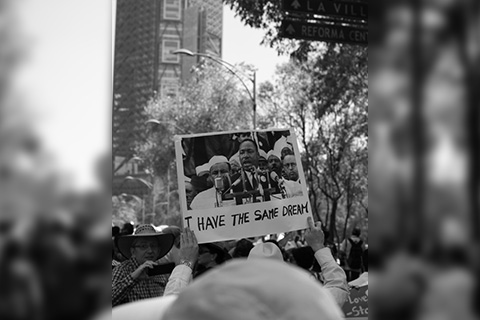
It is not difficult to recognize how the pairing of civil rights and women's rights works in tandem. We know that "there is no racial equality and no gender equality without equality for all." As we prepare to advocate this January and for 2019, let's be mindful that our work and journey though tireless is just as necessary as it was back in the Civil Rights Movement and that the consequences of ignoring these intersectionalities hold us all back as a nation.
Join the MLK Day March and Womxn's March in Seattle and build power and connection as a show of solidarity that no one is free until everyone is free.

Salma Siddick is the Social Media & Content Manager at YWCA Seattle | King | Snohomish. An immigrant from Zimbabwe, Salma has lived, worked, and attended school on three continents.
We share the stories of our program participants, programs, and staff, as well as news about the agency and what’s happening in our King and Snohomish community.
